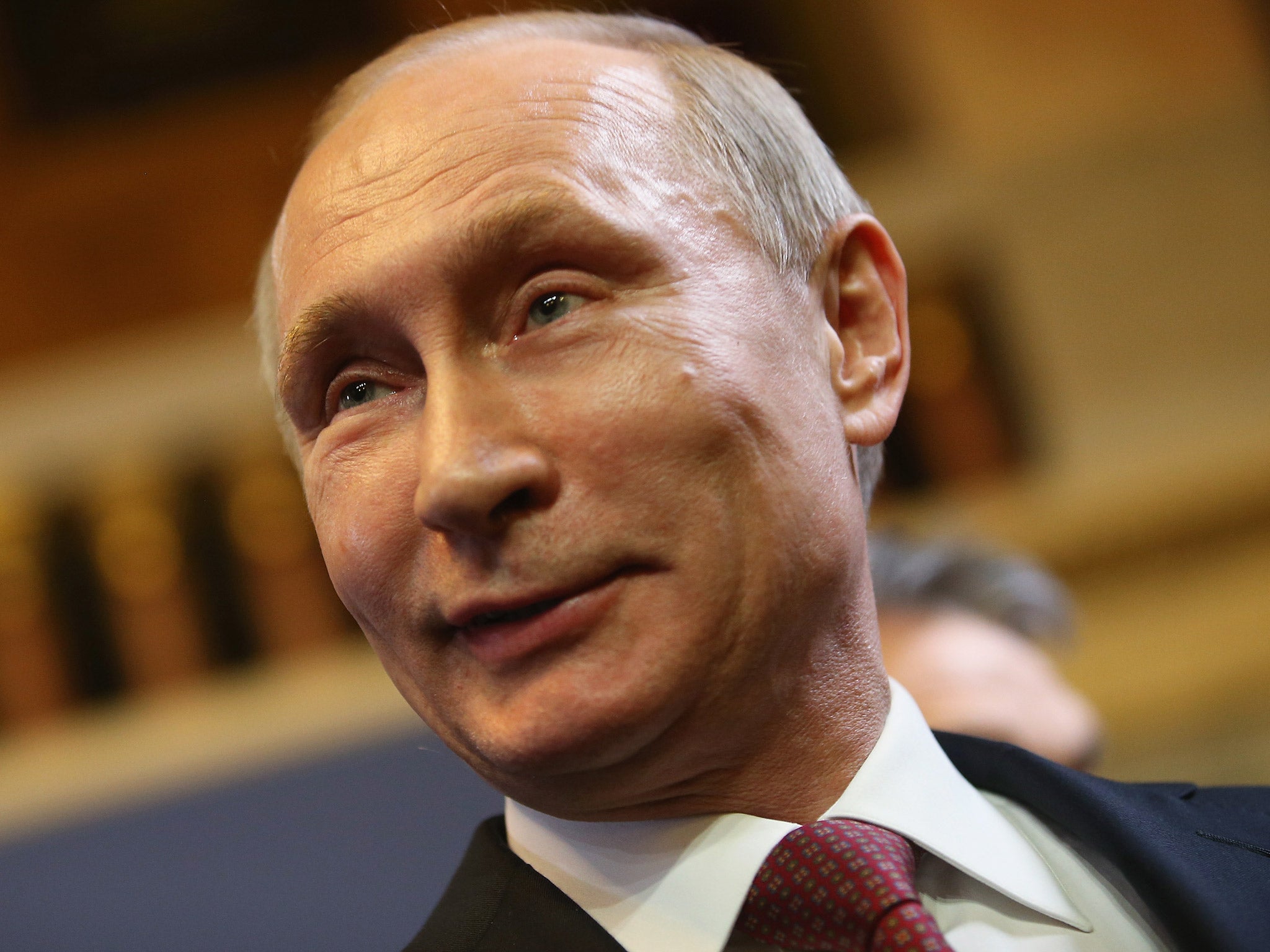Old military hands are using Putin as a bogeyman
Ex-generals are wheeled around television studios to fight the media battle

It has been a long and less than proud tradition of British political life that retired military commanders still serve as Panzer divisions in Whitehall for public spats on behalf of their still serving former colleagues.
Ex-generals, admirals and air marshals are wheeled around television studios and The Daily Telegraph to fight the media battle for the money, men and equipment that the current military is waging in private.
It’s been going on for years – and now they appear to be on manoeuvres again.
Take the former chief of the defence staff Lord Jock Stirrup, who agreed (or asked) to be interviewed on Sky News last Sunday about the potential threat posed by Russian planes carrying out Cold War-style manoeuvres over British airspace.
Tellingly, when asked whether it was time to “dust down some of the strategy booklets” from the Cold War, Lord Stirrup appeared to be less interested in strategy and more interested in money. He replied: “My concern… is not whether the strategic, the operational and tactical responses will be appropriate, my concern is that Nato is just not spending enough… on defence.
“The UK is still spending above 2 per cent of its GDP on defence although the future for that beyond 2015 is uncertain.”
Or take Admiral Lord West of Spithead who claimed last month that it would be “madness” if UK defence spending was to be cut. “Basically he [Russian President Vladimir Putin] has put his economy on war footing,” Lord West, the former head of the Royal Navy, said. “We shouldn’t dismiss it lightly.”
This sounds worrying: the clear message appears to be that we risk not spending enough on defence to ensure that we have a credible deterrent.
But the argument doesn’t really stand up to scrutiny.
According to the Institute for Strategic Studies, the combined defence budgets of the UK, France and Germany alone was $153bn (£99bn) in 2013 – more than twice Russia’s expenditure of $68.2bn. Add that to the US, which spends $600bn on defence annually and you begin to see the Russian “threat” in proper context.
But what of suggestions that Mr Putin has put the Russian economy on a war footing?
It is true that as a proportion of GDP Russia spends more on defence than Nato members (and it has been increasing) but this is in the context a far smaller (and decreasing) total pot. And as a result of the recent collapse in the price of oil, Russia could implement budget cuts of 10 per cent: national defence expenditure could fall by 5.3 per cent in 2016.
That is not to say that Russian interference does not present a threat – particularly to the new Nato members in the Baltic states. But Nato has the clear military capacity to deal with this – it is only the political will which is in question.
What these former military commanders are doing is leveraging the crisis in Ukraine to protect defence spending (and jobs) from likely cuts after the next election. They know that up against schools, hospitals and other things people care about, defence will seem like an easy political target. And they are hoping to use President Putin as a useful bogeyman to protect the military’s vested interests.
There is an important debate to be had about how much, as a country, we spend on our defence. But, to paraphrase Ed Miliband, they should not be using exaggerated threats to weaponise that fight.
Join our commenting forum
Join thought-provoking conversations, follow other Independent readers and see their replies
Comments
Bookmark popover
Removed from bookmarks